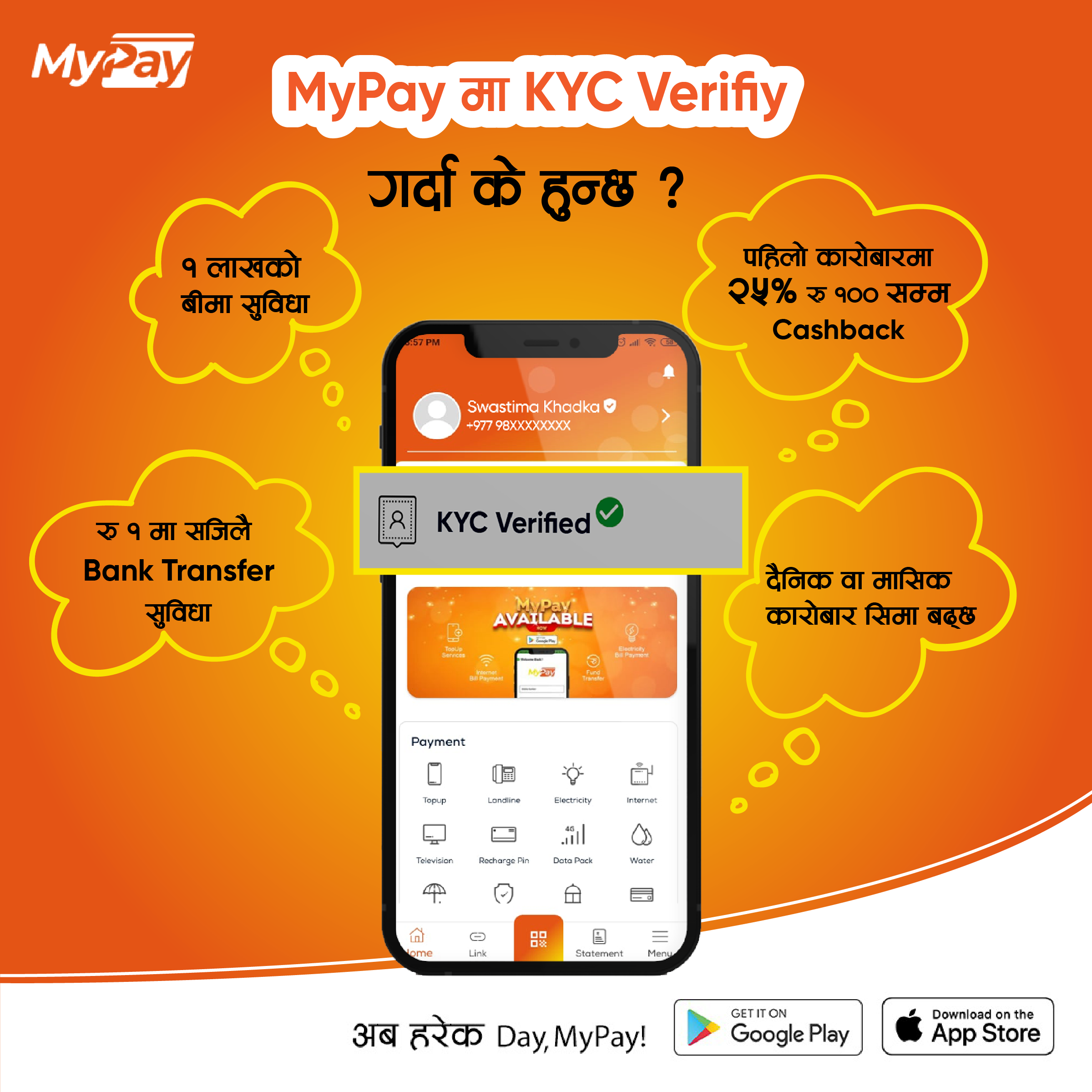
What Is KYC?
“KYC” stands for “know your customer” or “know your client,” and it refers to the methods that are used to verify a customer’s identification and assess the risk of conducting business with them. It’s a set of data-driven processes that follow a set of rules and regulations.
Those procedures serve as a line of defense against financial crimes, such as tax evasion and terrorism financing, to name a few. Companies and even governments that fail to comply with KYC laws must expect legal repercussions.
The KYC process, which is required by law, benefits financial institutions in various ways: These client onboarding procedures aid in the detection and prevention of money laundering, terrorism financing, and other forms of illicit corruption.
Limits fraud is caused mostly by the concealing of one’s identity: ID card verification, face verification, document verification (such as utility bills as evidence of address), and biometric verification are all part of the KYC procedure.
Prevent laundering and other anti-social: Money laundering aims to hide a variety of crimes, from minor tax evasion and drug trafficking to public corruption and the funding of terrorist organizations. The KYC procedure tries to thwart such schemes right from the start of the deposit process.
Brings the country stability and safe investment: Since KYC makes transactions safe, it improves the financial framework’s trustworthiness and reduces risk. It also ensures that a country’s economy is healthy by regulating the amount of money in circulation.
Therefore, the financial sector has robust Know Your Customer (KYC) systems in place to verify that their clients are not involved in money laundering or criminal organization
Accepted Documents for Customer Profile:(All original documents)
Conditions for rejection of documents submitted for KYC